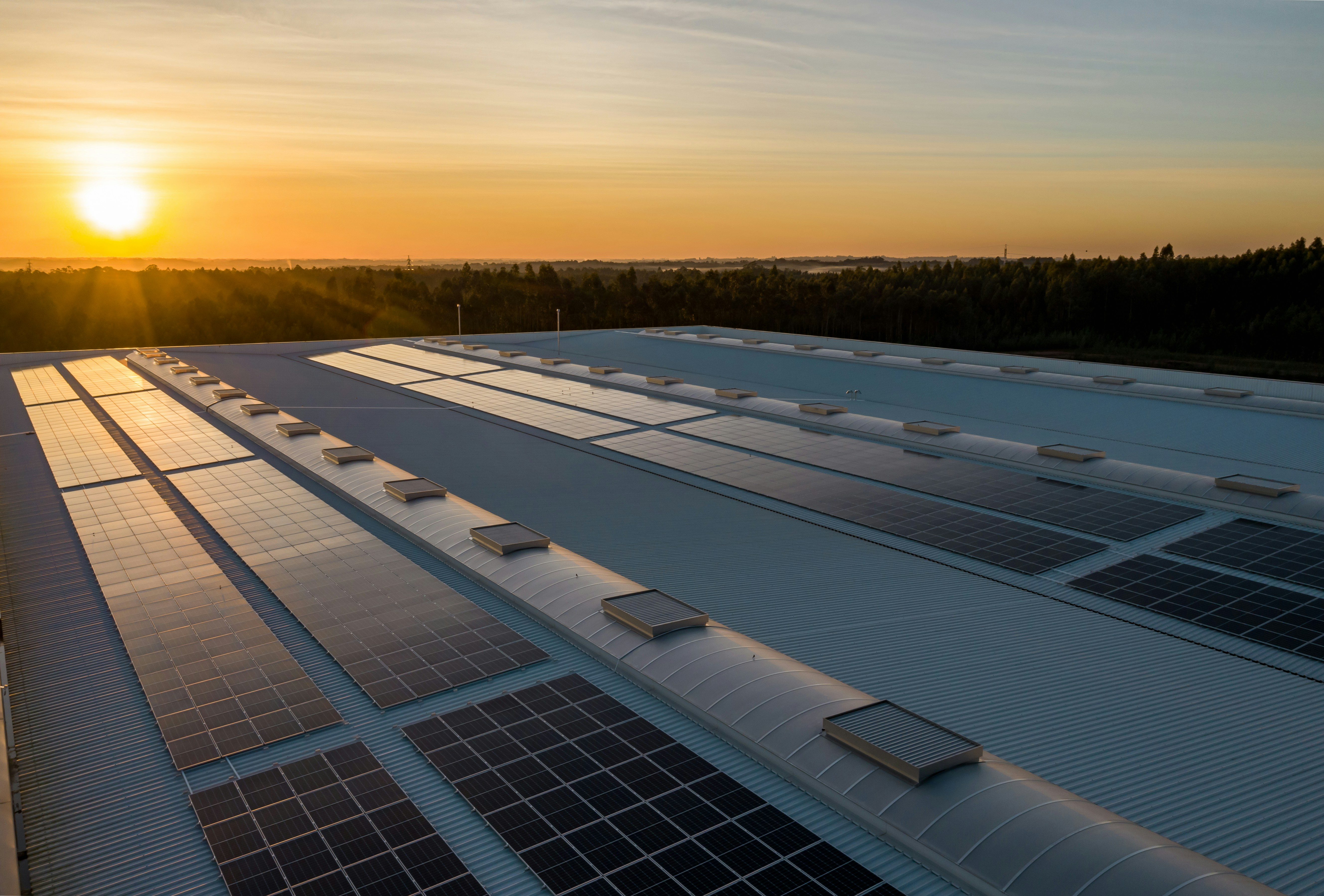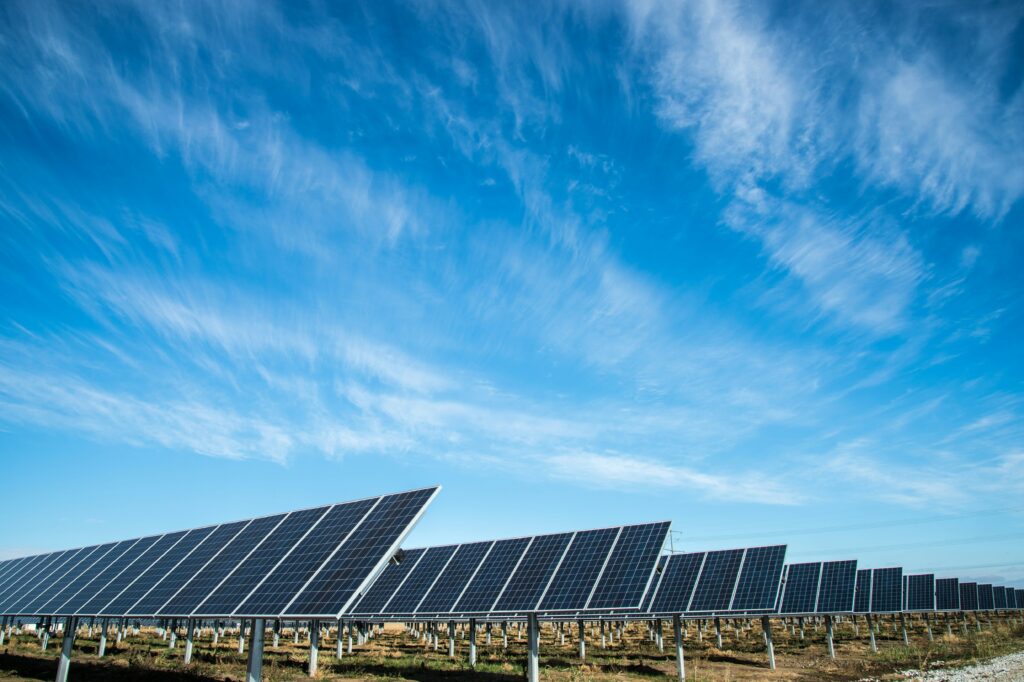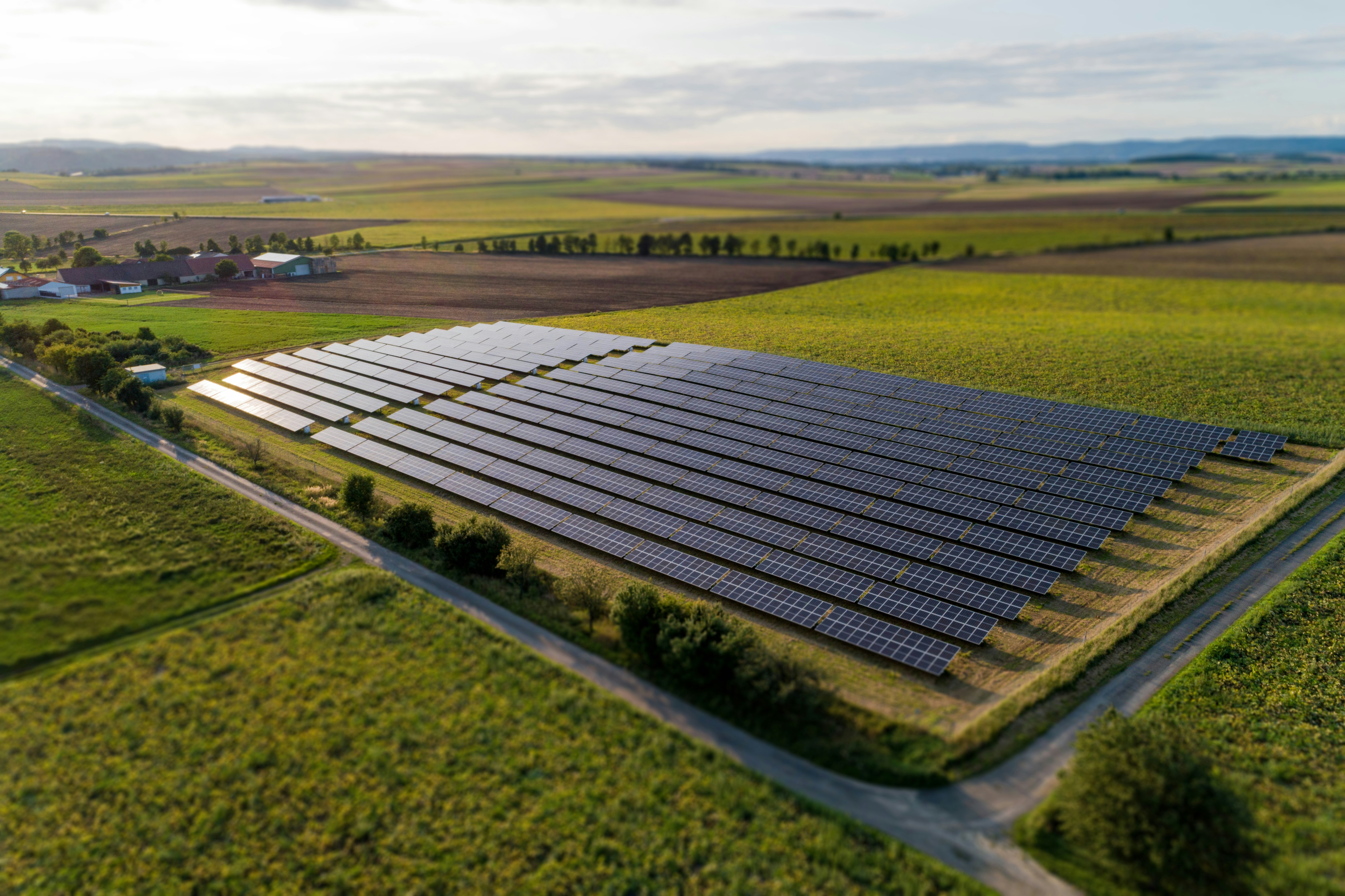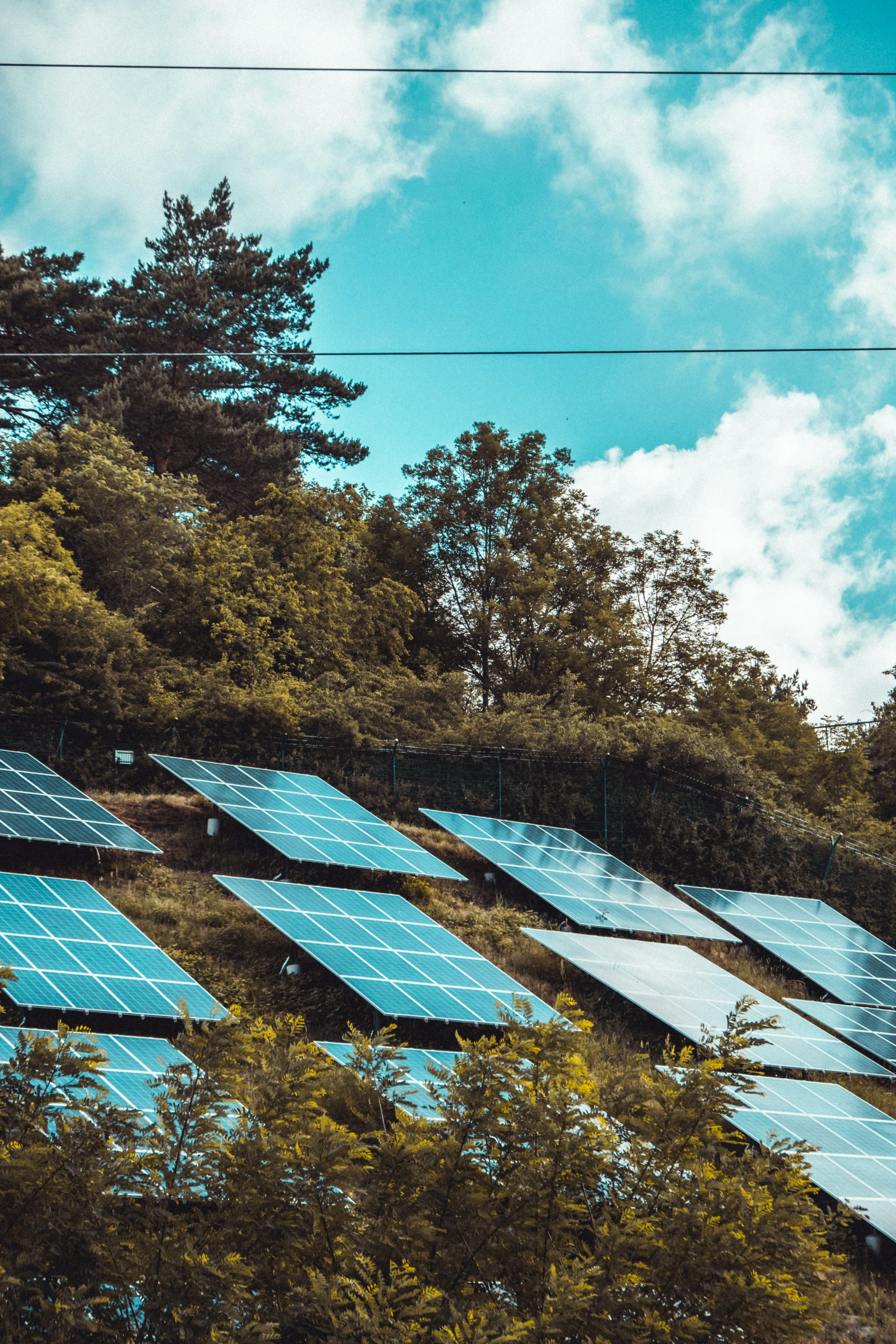Solar AG land conversion
Investing in a Greener Future



Why Solar
01
Diversified Revenue Streams
By shifting some land use to solar, we diversify our income stream with an uncorrelated asset class to agriculture.
02
Consistent Returns
Solar payments are reliable and consistent.
03
Government Contracts
We will use government contracts when their incentives align with our investors’.
04
Water Conservation
Solar land uses little to no water during the lifetime of the asset.
05
Renewable Energy
Your land will directly lead the way to a future with more renewable energy sources.
06
Small Cap Ex
Solar land requires less capital expenditures to start and to maintain, making it a low risk high reward investment vehicle.


Interested In Solar Opportunities?
Reach out to us below and specify that you are interested in our solar opportunities.
‘By partnering with a solar company we trust, we can deliver substantially higher returns to our investors, and with less volatility. It’s an opportunity to set ourselves apart from other firms and lead the way to sustainable, renewable energy.’
Joshua Lagan
/
CFO
Frequently Asked Solar Questions
What makes a property attractive for solar development?
We analyze over 40 different factors when searching for the right property. Some of these include a property’s size, slope, current land use, and proximity to existing transmission infrastructure. Additionally, we seek to avoid wetlands and floodplain areas.
What is a solar lease?
A solar lease is a contract between AgriGold Capital’s solar firm partner and the property owner. The lease allows the solar company to develop, construct, and operate a solar farm on your property in exchange for lease payments. Solar leases generally last between 30-50 years and have four distinct phases: development/pre-construction, construction, operation, and decommissioning.
Is the conversion of agricultural land to solar generation permanent?
Modern utility scale solar projects use steel posts that are driven or screwed into the ground, meaning the land can easily be converted back to farmland after decommissioning the solar project.
Are these projects paid for with government subsidies?
From natural gas to coal to solar, all parts of the energy sector receive some form of government support. These incentives enable new technologies to grow and scale to a point where they can compete on a level-playing field. In the case of solar, the only federal incentive is in the form of the Solar Investment Tax Credit.
How does solar energy work?
Solar panels convert the infinite energy of the sun into electricity—even on cloudy days. Unlike power generated by fossil fuels, solar energy does not create noise, air, or water pollution. Solar panels, which are made up of photovoltaic (PV) cells, convert sunlight into direct current (DC) electricity throughout the day. Since most businesses and homes in the United States run on alternating current (AC) electricity, the DC electricity generated by solar panels is then converted into AC electricity through inverters.
© Copyright 2024. All rights reserved.
